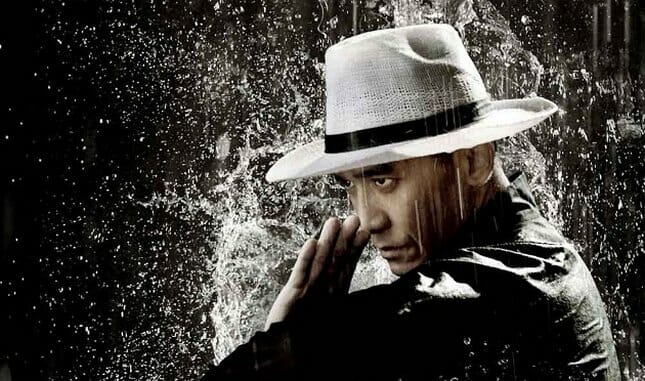The Grandmaster

Set in the early 1930s, Wong Kar Wai’s new film, The Grandmaster depicts the collapse of the Kung Fu community during the second Sino-Japanese war. This decline is witnessed from the perspective of Yip Man, a renowned martial arts master whose fate is ultimately intertwined with the fate of that same community.
Though The Grandmaster may be Wong’s most commercially successful movie, it lacks the distinctive, masterful use of form that has helped make his past works so poignant and moving. In past works, Wong has mined his medium for techniques to better help his audiences understand his characters. In Happy Together, Wong pivots between color and black-and-white. This change reflects the mood of his protagonist, Lai Yiu-fai, and serves as a visual representation of Lai Yiu-fai’s mood and outlook. The result is a more intimate look inside Lai Yiu-fai’s perspective. This makes us, as an audience, care more about him.
In In the Mood For Love, Wong rarely lets the audience see any characters besides Mr. Chow and Mrs. Chan. We care about Chow and Chan partly because Wong keeps their respective spouses hidden from view. The focus on Mr. Chow and Mrs. Chan helps convey their isolation. Even though they are constantly surrounded by other people, these people are mostly faceless and nameless.
-

-

-

-

-

-

-

-

-

-

-

-

-

-

-

-

-

-

-

-

-

-

-

-

-

-

-

-

-

-

-

-

-

-

-

-

-

-

-

-








































